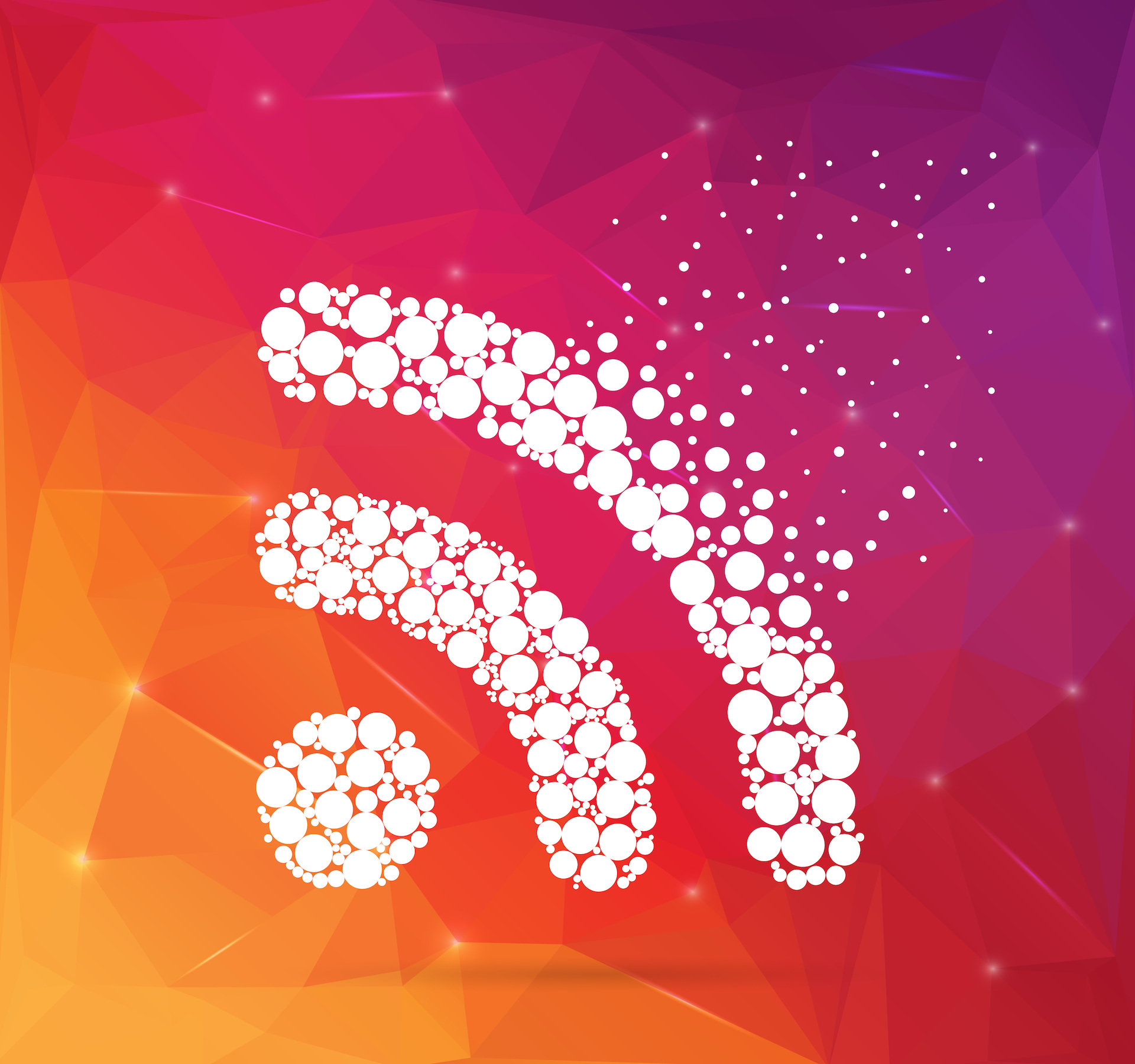One world, one internet
Despite the internet being a crucial tool for development, huge numbers of people face language-related barriers and a lack of a universally inclusive infrastructure – critical elements to foster digital inclusion
The internet connects more than 5.1 billion people and is a shared resource on which government, business, technology, academia and civil society depend. It grew on the premise that free and open access to information supports the greater good. The internet plays a key role in economic, social and political development across the globe. Today, more than 60% of the world’s population has access to the internet.
However, despite the internet being a crucial tool for development, 15% of people face language-related barriers and a lack of a universally inclusive infrastructure, barring them from accessing the benefits of the global internet. Universal acceptance ensures that all domain names, including new top-level domains, internationalised domain names and email addresses, are treated equally and can be used by all internet-enabled applications, devices and systems.
The power of the internet comes from being a single interoperable network of networks that is easily accessible globally. Part of this accessibility means that when people go online, they should be able to do so in their own language, using their own keyboard. Universal access is a foundational requirement for a truly global, multilingual internet that will foster digital inclusion for all.
A more inclusive internet
The Internet Corporation for Assigned Names and Numbers is a not-for-profit organisation that coordinates the global system of unique identifiers for the internet, including top-level domains. ICANN implements policies that are developed by a unique global multi-stakeholder model, in which every stakeholder can participate on an equal footing: governments, businesses, civil society, academia and each internet user. These policies include those related to the issuing of new top-level domains, providing support for non-Latin scripts for domain names, advocating for the implementation of these changes and administering them on behalf of the internet community.
ICANN also coordinates the New Generic TLD (gTLD) Program, which has enabled a dramatic expansion of the DNS from the initial top-level domains such as .com, .org, .edu, to more than 1,200 new gTLDs that represent brands, communities and geographies (such as .london, .nyc, .engineering) as well as 60 country code top-level domains (ccTLDs) representing global communities online in native scripts (for example, .ไทย, .中国, ).
Universal access is a technical requirement that ensures all valid domain names and email addresses can be used by all internet-enabled applications, devices and systems. As the DNS expands, the checks used by many software applications to validate domain names and email addresses need to be updated as some systems do not recognise or appropriately process new domain names.
Universal access readiness
Most domains today are in Latin script, and mainly in English, despite the fact that less than 25% of the world’s population speaks English. Even though domains and emails in different scripts are available, online applications, services and websites do not always recognise them as valid. Universal access–ready websites, applications and services lead to better user experiences and enable greater competition, innovation and consumer choice. Better acceptance of all domain names, including internationalised domain names, will facilitate the development of a more inclusive and multilingual internet.
Universal access enables the government, private sector and societies to better serve their customers and communities using an increasing number of new domains, including non-ASCII based, language-specific domain names – in Arabic, Chinese, Hindi and many other scripts.
Achieving universal access readiness ensures everybody has the ability to experience the full social and economic power of the global internet using their chosen domain name and email address that best aligns with their interests, business, culture, language and script.
A collective challenge
In April 2023, the G20 Digital Economy Working Group held a session entitled ‘Digital Inclusion – Connecting the Unconnected’ in Hyderabad. Our collective challenge is to make sure that digital inclusion addresses these issues related to universal access. Various stakeholders, including technology developers and government policymakers, should allocate sufficient resources and time to ensure that applications and software services are updated to support all domain names and email addresses. These actions will directly affect internet users online today, as well as the one billion expected to join soon – most of whom live in countries that speak and write in languages other than English.












